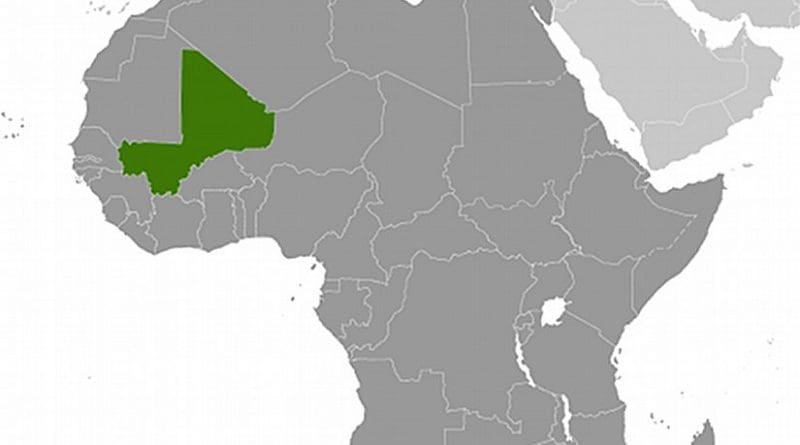Mali: Ransom Payment Behind Aid Worker Release, Terrorists Say
By Magharebia
By Jemal Oumar and Bakari Gueye
An al-Qaeda splinter group in northern Mali claimed Thursday (July 19th) that 15 million euros was paid to secure the release of three aid workers kidnapped in Algeria last October.
A spokesperson for the Movement for Unity and Jihad in West Africa (MUJAO) told AFP that the terror network also won the release of a suspect detained in the kidnapping probe.
“We got 15 million euros for the release of the three hostages and we also secured the release of a mujahedeen imprisoned by Mauritania,” Walid Abu Sahraoui told AFP.
A Spanish Foreign Ministry spokesperson confirmed that the release of Ainhoa Fernandez Rincon and Enrico Gonyans was completed and that a special jet was sent to fly them back to Spain. Meanwhile, Italian Foreign Minister Giulio Terzi said that the release of his compatriot Rossella Urru was “wonderful news”.
The three aid workers were originally kidnapped October 23rd from a Polisario-run refugee camp in Rabuni, south of Tindouf.
But the ransom payment to a terrorist group with ties to al-Qaeda was widely condemned in Mali and across the Sahel.
“Westerners are financing terrorism without realising it,” said Abdoul Samake, a teacher living in Gao.
“All of the countries concerned are paying compensation to secure the release of their citizens in the Sahel,” he added. “And when it’s not governments doing that, it’s private companies. It has to stop. According to experts, more than 90% of AQIM’s money now comes from ransom payments.”
Birama Diakite, a volunteer for an NGO in Gao, said that residents of northern Mali had “suffered a great deal from terrorism”, setting back the area “centuries”.
“Terrorists have destroyed towns and people are in a very tough situation,” Diakite continued. “Many have fled. The government has no presence here and these groups are powerful. They’re being helped by certain countries, but also by ransom money. European countries and America must stop agreeing to pay money to these people, who are a big danger even to them.”
Mountaga Tall, a leader of Mali’s National Congress for Democratic Initiative Party, said he opposed the ransom payment because it “further encourages the terrorists to carry out more kidnappings”.
“In my opinion, the best way to counter terrorism is not to pay ransom,” he said. “When the terrorists realise that kidnappings won’t bring them any money, and when they understand that no ransom will be paid for the release of Western nationals, the phenomenon of kidnappings will automatically stop.”
For its part, the National Movement for the Liberation of Azawad (MNLA) also opposed the ransom payment.
“It goes without saying that we’re against the payment of ransoms to these terrorist groups who are considered our number one enemy now on our land,” a source in the group’s foreign relations cell said on the condition of anonymity.
“This is because when they get money, it will boost their strength in Azawad and will enable them to buy weapons, recruit young people and children and bribe people. We’re also against the swap of prisoners with them because this gives them self-confidence and a feeling about their strong position,” the MNLA official added.
In his turn, Ibrahim Maiga, a teacher in Niafounké village, told Magharebia: “The payment of ransom is seen as justification for the acts of terrorists, imparts some sort of legitimacy on them and encourages them to repeat the same act. It also encourages banditry among the people of Mali and makes them think about each western citizen as if he or she was a profitable commodity. This would be like encouraging a culture of brutality.”
“The payment of ransom in return for releasing hostages is like paying money to a thief to return items stolen by him,” Maiga added.

